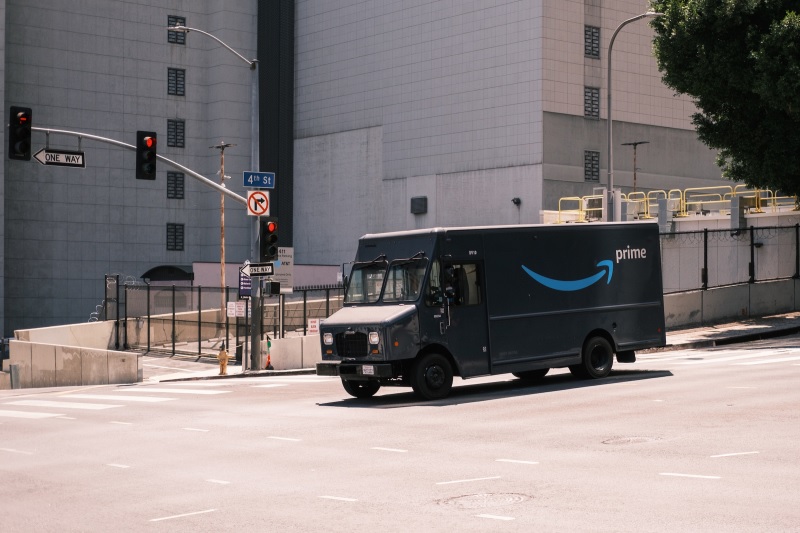
Is Amazon ‘Earth’s Best Employer’? Company Linked To Labour Trafficking In Riyadh
This story was produced by The Guardian US, NBC News, the International Consortium of Investigative Journalists and Arab Reporters for Investigative Journalism as part of Trafficking Inc, a joint reporting effort that has been examining human trafficking and labour exploitation.
If There Was No More Work, Let Them Return
From the pastures of Nepal’s southern plains, Momtaj Mansur had come 2,400 miles away, to the Saudi capital of Riyadh in 2021 to work for one of the world’s biggest companies: Amazon.
However, instead of his dream job, the 23-year-old says he found low pay and misery. Then in May 2022, he says, he and many of his Nepali co-workers were abruptly let go from their jobs.
Mansur says he pleaded with the Saudi labour supply company that had placed them in temporary positions at the Amazon warehouse: if there was no more work, let them return.
Instead, the Saudi firm reportedly demanded he make a terrible choice. He could stay in a place that was “like a hell” or he could pay $1,300, a penalty for leaving before his contract was done.
Related Posts
Corporations Profiting From Controversial Employment Practices
“I told them: Either kill us or send us home,” Mansur responded. He is one of several workers who claim they were tricked and exploited by recruiting agencies in Nepal.
The contract workers even raised concerns over labour supply firms in Saudi Arabia also tricking them into toiling and living in grueling, squalid conditions.
Their accounts highlight how major American corporations profit, directly or indirectly, from employment practices that may amount to labour trafficking.
All 54 Nepali workers interviewed for this story say they were required to pay recruiting fees – ranging from roughly $830 to $2,300.
Amazon Acknowledged Some Workers Had Been Mistreated
During their time in Saudi Arabia, they said they were paid a fraction of what direct hires for Amazon’s Saudi warehouses earn as labour supply firms were taking big chunks.
In a written reply to questions for this story, Amazon acknowledged some workers at its facilities in the Kingdom had been mistreated.
The company said it will ensure workers who paid recruiting fees get their money back, adding it was “implementing stronger controls” to make sure similar incidents do not occur.
According to UN standards, private recruiting agencies aren’t allowed to charge workers any fees or costs – it should be up to the employer to pay the recruiting firms.




